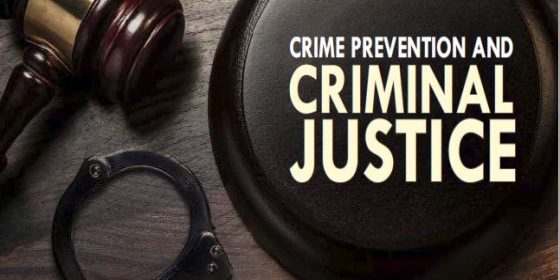When someone has been charged with a crime and is facing an appearance in court, discuss with their lawyer their options; one of them will be to plead guilty. Whilst few criminal lawyers are likely to make claiming guilty their first suggestion if the evidence against their client is overwhelming, and the likelihood of a conviction is strong, it may go from being a suggestion to their considered advice.
Every defendant has the right to plead not guilty and leave the issue of a conviction down to a judge or jury, but equally, they also have a right to assert guilty. A defendant will often choose to plead guilty to benefit from what is termed a ‘discount’ on their sentence.
This refers to the scenario where a defendant is given a sentence that is reduced from what it might have been, having gone to trial and been found guilty anyway. However, pleading guilty needs more thought than simply expecting to spend fewer years in jail or having a lesser penalty than expected.
Before anyone accused of a crime decides to plead guilty, they need to be made aware of several points of law, including those outlined below.
Presumption Of Innocence: Every person is presumed innocent, and that is the case until they either plead guilty or are found guilty in court. A critical legal principle is that suspicion does not equal guilt.
Burden Of Proof: It is not up to the accused to prove themselves innocent; instead, it is up to the prosecution to prove them guilty. Any person charged must consider what evidence the prosecution has and whether it will be sufficient to prove their guilt.
Beyond A Reasonable Doubt: Evidence that hints at someone’s guilt is insufficient to convict them. To ensure that a person convicted is guilty, the prosecution must prove it to be so beyond a reasonable doubt.
A criminal lawyer will discuss these matters with their client before trial. Measuring the case that the prosecution has will determine whether the chances of a conviction are across a range of likely measures, including zero, possible, probable, or almost certain.
If the decision is made to plead guilty, it is essential to realise that this may not automatically entitle the person making the plea to a reduced sentence. In most cases, that will be determined once the court considers several factors. These include:
- Type of offence
- Individual’s circumstances
- The minimum and maximum sentences for the offence
- Whether the individual has a criminal record
- If they do, what does that record consist of
- The specifics of the offence they are pleading guilty to
With the above factors playing a role in sentencing those pleading guilty, no two individuals will receive the same sentence. That is why pleading guilty does not come with a definite discount of a sentence, if any, should the court decide that the above factors do not warrant it.
For example, a man convicted of a severe assault whilst drunk, but it is their first offence, they are a family man with a responsible job who does lots for charity might receive a more favourable outcome than a repeat offender known for using hard drugs and who has a lengthy criminal history of serious offences, including assault.






